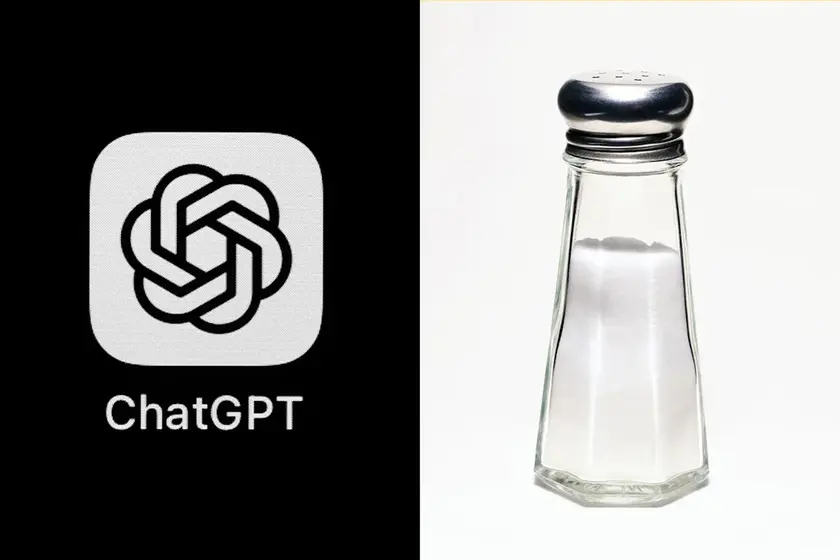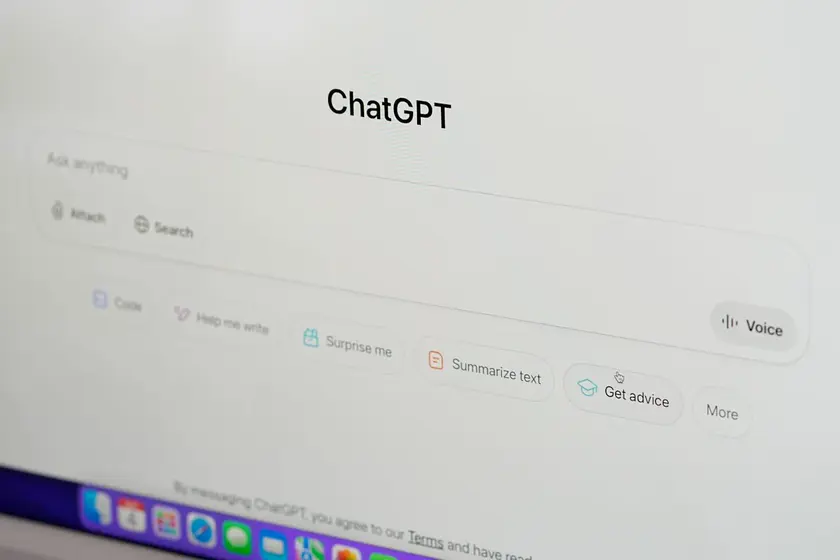T4K3.news
AI health advice case raises safety concerns
A man replaced salt with bromide after using ChatGPT for medical guidance and was hospitalized.

An older man used ChatGPT for medical advice and replaced salt with bromide, triggering a dangerous bromism.
AI health guidance tests the limits of medical knowledge
A 60 year old man with no prior psychiatric history sought medical guidance from ChatGPT and decided to remove table salt from his diet after reading online reports about its dangers. He purchased sodium bromide online to use as a substitute, a move doctors say was unsafe and ill advised.
Within the first day of hospital care, doctors recorded rising paranoia and auditory and visual hallucinations, leading to an involuntary psychiatric hold for grave disability. He also suffered insomnia, fatigue, coordination problems, and excessive thirst, and was discharged weeks later after treatment. The study notes that the chat logs could not be accessed to confirm what advice the chatbot gave, and safety notes have since been updated to urge users not to treat AI guidance as medical advice.
Key Takeaways
"AI health advice is not medical care"
noting the limits of AI when it comes to health decisions
"Bromide is not a salt substitute"
a factual detail from the case
"Technology needs guardrails in health"
editorial call for safeguards
"Check sources and seek a clinician when in doubt"
advice about how to use AI for health questions
The case shows how people turn to AI for health questions and risk mistaking information for medical care. It highlights a gap between what AI can offer and what trained clinicians provide, and it underscores accountability gaps when logs are unavailable. OpenAI emphasizes that ChatGPT is not a diagnostic tool, yet many users press it into that role. This tension calls for clearer guardrails, stronger health literacy, and better design so people can distinguish guidance from professional care.
As AI tools become more embedded in daily life, the pressure to rely on them for personal decisions grows. Regulators, developers, and healthcare professionals must collaborate to prevent harm while preserving the benefits of accessible information. The lesson is simple: context matters, and dangerous substitutions belong in medical settings not in chat logs.
Highlights
- Treat AI as a guide not a prescription
- Context matters more than clever prompts
- Bromide is not a salt substitute
- Check sources and seek a clinician when in doubt
AI health guidance risks
A case shows how unverified AI health advice can lead to dangerous actions and serious harm. The lack of chat log access creates accountability challenges and highlights the need for stronger safeguards.
Guardrails around AI health advice are essential.
Enjoyed this? Let your friends know!
Related News

ChatGPT health advice linked to bromide toxicity

Self harm case highlights AI health guidance risks

Salt swap AI guidance leads to bromide poisoning

AI health guidance under scrutiny

AI safety warning after delusion case

Meta AI rules under scrutiny

OpenAI updates ChatGPT's approach to sensitive queries

AI romance bot linked to death prompts safety review
